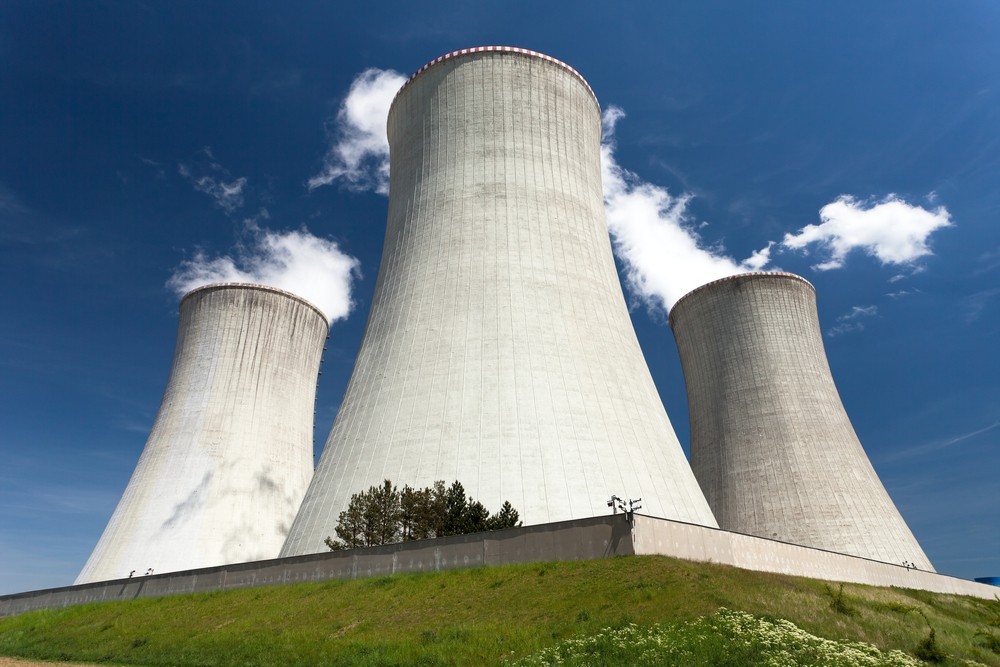Only last month [June], a massive power failure across virtually all of Argentina, Paraguay, and Uruguay left nearly 50 million people without electricity. Riello UPS’s new investigation
the Blackout report reveals that official government risk assessments state there is just a 1-in-200 chance of the UK power grid experiencing a similar complete shutdown in the next five years.
At more than 50 pages and 15,000 words long, the report explores the most likely causes of such an incident, from the increased threat of extreme weather including flooding or gales knocking out the network infrastructure, to terrorism, industrial accidents, and geomagnetic space weather storms that play havoc with satellite systems.
It also asks whether the shift towards ‘smart’ energy grids heightens our vulnerability to cyber-attacks similar to when Russian hackers shut down 30 substations in Ukraine in December 2015, leaving 250,000 people without electricity.
State-sponsored hackers believed to be the Russian-based Dragonfly group are said to have already infiltrated the UK grid on 8 June 2017 – the day of the General Election – while there are growing fears of an escalating ‘Cyber Cold War’ where countries including the USA insert high-grade malware inside energy networks that could be used to turn off entire electricity supplies at a moment’s notice.
The report goes on to examine the process for rebooting the electricity network if a complete system failure ever occurs. Known as a ‘Black Start’, worst-case contingency planning is that it could take up to 5-7 days for power to be fully restored.
Such an incident is likely to be accompanied by Rota Disconnections, which basically ration power by cutting off electricity for blocks of three hours at a time. This was last seen on a widescale basis in the UK back in the 1970s, notably during the infamous “Three-Day Week”.
the Blackout report also investigates the catastrophic consequences of a world without power: mobile phone coverage lost within a couple of hours; transport systems grinding to a halt; hospitals and care homes overwhelmed as electrical devices stop working; businesses crippled as electronic payment systems go offline.
It highlights the well-known MI5 mantra that the UK is only ever “four meals away from anarchy” and predicts law and order would quickly break down as panic spreads.
Riello UPS General Manager Leo Craig commented: “We’ve never been as reliant on the internet and interconnectivity, but without the electricity to power this digital world, our whole way of life falls apart at the seams.
“Many will look at the recent blackout across South America and think ‘that could never happen here’. It’s not necessarily complacency, more perhaps the belief that our infrastructure is more robust and that we’ve committed enough resource towards planning for the worst.
“the Blackout report investigates whether these assumptions are true. By thinking the unthinkable, it also poses some critical questions for the Government, the power industry, and wider society, such as whether we’re truly prepared for the ever-changing threats to our electricity supply.”




